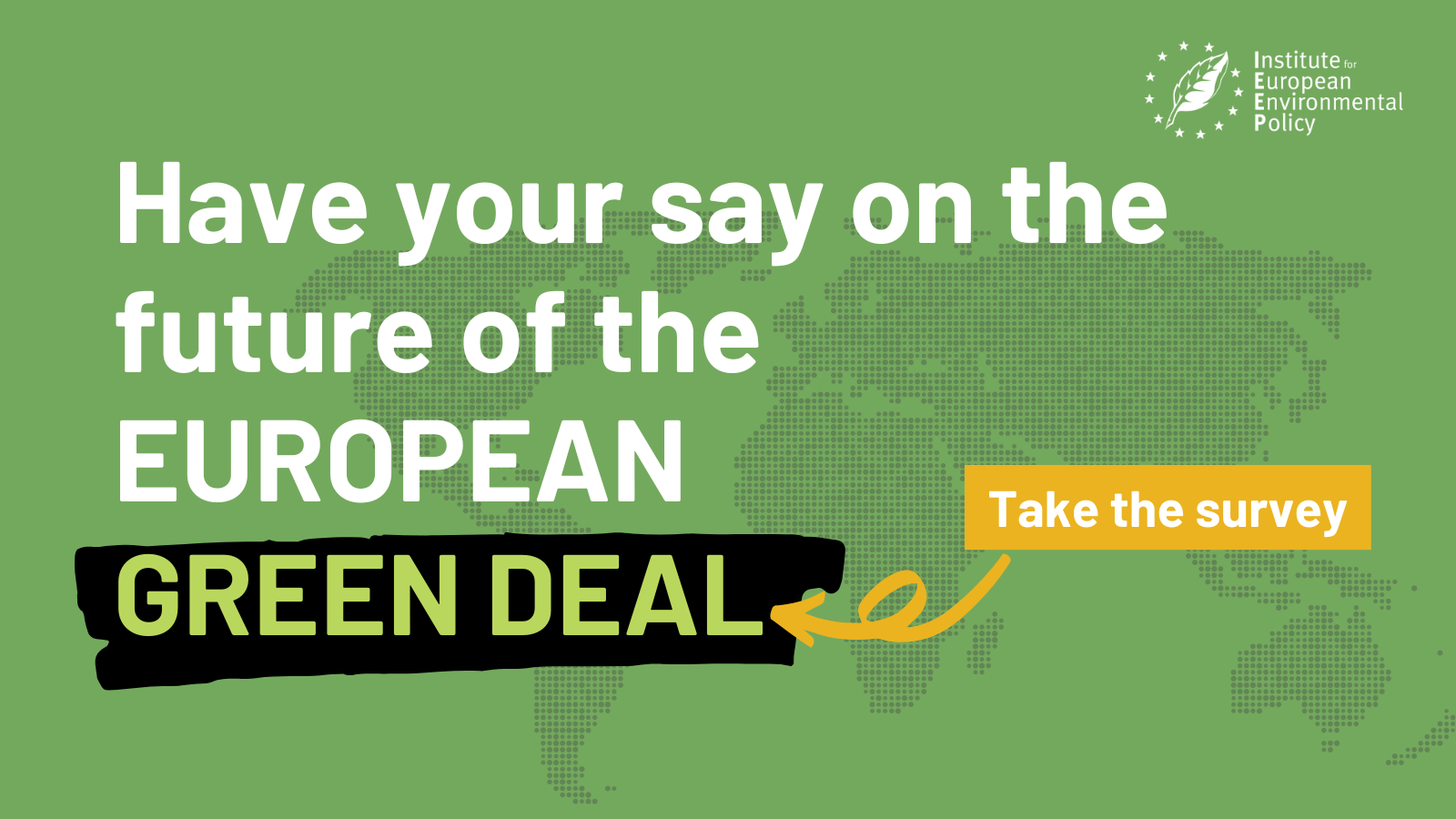Authors: Thorfinn Stainforth, Céline Charveriat, Eloïse Bodin
As part of action points from last week’s European Council summit, the European Commission will have to present a new budget, including innovative financial instruments to mobilise additional funding to support Europe’s recovery.
According to IEEP’s calculations, an additional €381 billion of revenues in “pollution dividends” could be generated to support affected workers, households, countries and regions. Pollution dividends would also produce additional benefits for the health and well-being of European citizens in the form of reduced pollution and environmental degradation.
These revenues, which would represent close to €1,000 per EU citizen over 18, could contribute to supporting affected citizens and sectors directly in the form of pollution dividends, through tax shifts, and through increased funding for the Just Transition Fund and a Green Marshall Plan for Southern, Central and Eastern Europe – regions that face particular challenges in the sustainable transition.
Annual pollution dividends (EUR, bn)*
| Additional revenues from FFS elimination | 39 |
| Additional carbon tax revenues | 49 |
| Calibrated doubling of environmental taxes (excluding carbon) | 293 |
| Total additional revenues | 381 |
Key facts
- In 2013, the OECD estimated the total value of fossil fuel subsidies in the EU at €39 billion – equal to an annual expenditure of approximately €603 per person, although this varies considerably by country. The present period of low oil prices presents a good opportunity to remove fossil fuel subsidies in the least disruptive manner as confirmed by the French High Council for the Climate.
- Generating additional carbon tax revenues, through ETS or a carbon floor, is one of the most promising ways to generate additional own resources for Europe’s budget. Other candidates for generating own resources include a border adjustment tax, a plastic tax, a pesticides tax or a tax on the extraction of primary material.
- The EU’s flagship initiative Resource-efficient Europe called in 2011 for a “major shift towards” environmental taxes by 2020, in-line with the best practice of Member States, which at that time included a share of environmental tax revenues in total taxes of more than 10% of fiscal revenues. However, today environmental taxes represent only 6% of fiscal revenues in 2018, while labour taxation represents almost 50% of all tax revenues.
- Benefits from environmental taxation reform also include reduced environmental impacts, estimated to reach 0.07% of Europe’s GDP (based on a scenario of a modest increase, which would simply be extending existing best practices from Member States).
New report on achieving the Green Deal in the post-COVID-19 era
The calculations come on the back of IEEP’s new report “Green Deal for all in the post-COVID-19 era”, produced for the FEPS foundation, that analyses how best to implement the Green Deal in the new context and recommends the following approaches:
- putting equity and well-being for all at its core;
- harnessing it for greater cohesion and convergence in living standards amongst countries and regions;
- fostering intergenerational solidarity through an equitable burden and benefit-sharing between age groups and between generations.
| About IEEPThe Institute for European Environmental Policy (IEEP) is an independent sustainability think tank with offices in Brussels and London. As a not-for-profit organisation with over 40-years of experience, we are committed to advancing impact-driven sustainability policy across the EU and the world |
_______
* Fossil fuel subsidy total based on the OECD estimate for 2013. Additional revenue from EU MS (including the UK) carbon taxes and EU ETS based on data from the World Bank based on a carbon price of €60, with 2018 prices used as a baseline. Countries whose carbon prices already exceeded EUR60 (SE, FI) were not adjusted. Doubling of environmental taxes calculated based on all environmental taxes from 2018, excluding carbon taxes. Increases should be concentrated on pollution and resource taxes rather than energy and should be calibrated to be as progressive as possible.



